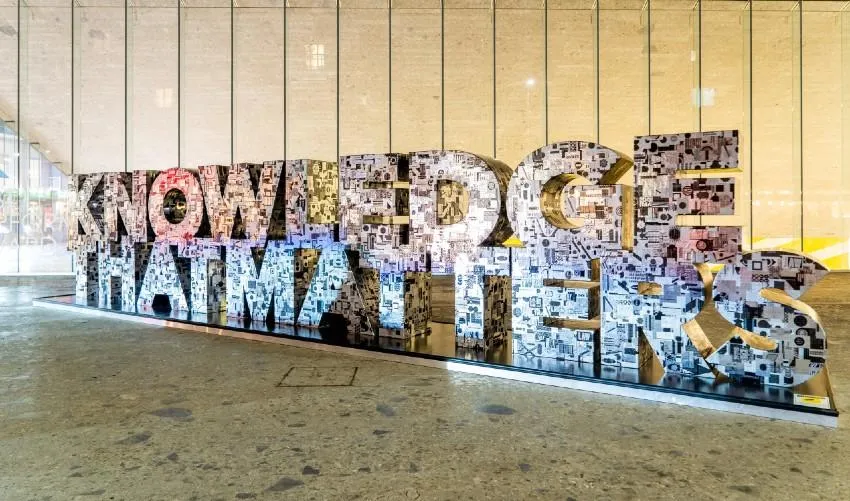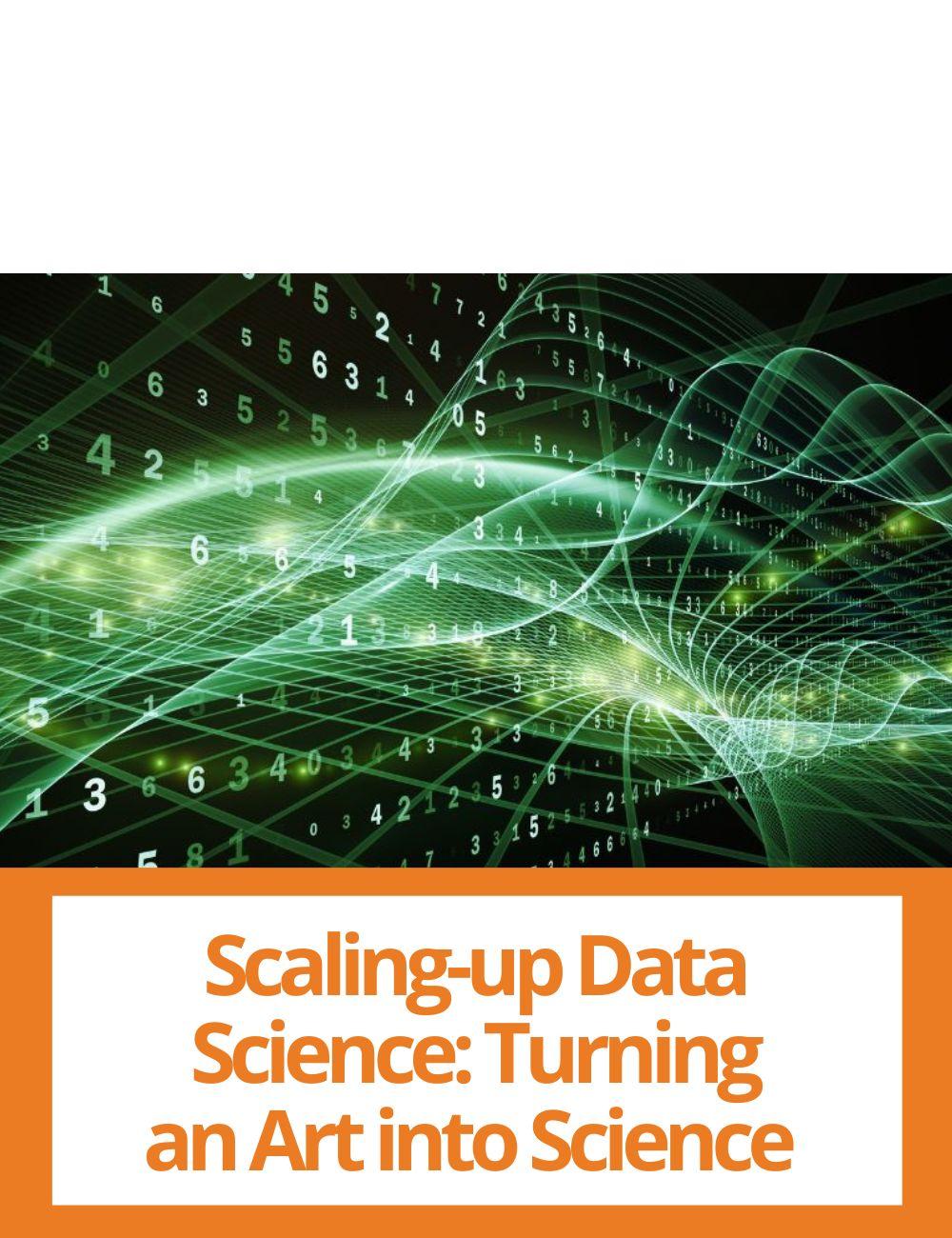
Bocconi Nets Nearly Six Million Euros in European Research Funding
The quality of the projects filed by its young researchers guarantees Bocconi additional European research funding worth about €5.9m. In fact, four of the Starting Grants announced today by the European Research Council (ERC) go to Nicoletta Balbo, Antonio De Rosa, Florian Nagler, and Giacomo Zanella.
The ERC aims to encourage the highest quality research through competitive funding and to support independent cutting-edge research in any field on the basis of scientific quality. Since 2008, when the ERC began awarding funding, its calls have become the benchmark and touchstone for European universities doing research at international level.
"Funding for such diverse projects in sociology, finance, statistics and mathematics shows Bocconi's ability to excel in an increasingly broad spectrum of disciplines at the frontier of social sciences," says the University's rector, Francesco Billari. "It is the result of the investments we have been making for years on the most promising young scholars, who have the courage to engage in the innovative and ambitious research projects that the European Research Council requires."
ERC Starting Grants are for researchers with 2-7 years of experience since completing a PhD, a very promising scientific track record, and an excellent research proposal. For researchers in the later stages of their careers, ERC provides Consolidator Grants and Advanced Grants.
Including the latest four, ERC Grants won by Bocconi total 51 - 23 of which are still active and 28 completed, with a fundamental legacy of knowledge and scientific publications.
"Bocconi's success in winning competitive funding is an important recognition of the quality of our University's research," says Elena Carletti, Bocconi's Dean for Research. "Today's outcome consolidates our position among European universities with the most ERC Grants in our fields and is our best result in a Starting Grant call. The fact that it is younger researchers reaching such an achievement is a wonderful indication for the future."
408 Starting Grants were announced today, totaling €636m. Twenty-seven went to Italian institutions (the sixth largest country in terms of funding received), 11 of which to Milan-based universities. In the ranking by nationality, however, Italian scholars are second, behind Germans.
Nicoletta Balbo's project aims to shed light on the effects produced by a child's disability on family members, namely parents, siblings and grandparents. Preliminary data seem to show that having to confront a child's disability can substantially influence the well-being of family members, conditioning their social, demographic and economic trajectories.
Florian Nagler will analyze how over-the-counter (OTC) financial markets work. In OTC markets, there is no centralized market, investors must seek out counterparties willing to trade, and liquidity is very limited. Contrary to popular belief, 90 percent of financial assets are traded not on stock exchanges, but on over-the-counter markets.
Giacomo Zanella's project aims to better understand and help develop efficient computational algorithms. Computational algorithms are simplifications increasingly used in statistics to calculate the results of large-scale probabilistic models. With potentially millions of parameters and billions of observations, such models in fact outdo the computational powers of any computer in existence or imaginable.



Antonio De Rosa's project deals with anisotropic geometric variational problems, which have important applications in the study of crystal structures and gravitational fields, among others. Anisotropy is the property whereby certain features of an object take on different values depending on the direction along which they are measured.